In the bustling streets of Seoul, a new culinary trend is making waves—one that promises to satisfy both the palate and the planet. The "seaweed burger," a plant-based alternative to the traditional beef patty, has emerged as an unlikely hero in South Korea's fast-food scene. What began as a niche experiment in sustainable eating has now captured the attention of eco-conscious consumers and food enthusiasts alike, sparking conversations about the future of food in an era of climate urgency.
The concept is as simple as it is revolutionary: a savory patty made primarily from locally sourced seaweed, packed with umami flavor and a texture that rivals its meat-based counterparts. But the real magic lies in its environmental footprint. Unlike beef production, which accounts for nearly 15% of global greenhouse gas emissions, seaweed requires no freshwater, arable land, or fertilizers to thrive. It grows rapidly in ocean farms, absorbing carbon dioxide and releasing oxygen at rates comparable to terrestrial forests. For a nation surrounded by water on three sides, this marine ingredient represents both a cultural homecoming and an ecological breakthrough.
Chef Park Min-woo, whose vegan burger joint in Hongdae pioneered the seaweed-based recipe, describes the creation process as "a dialogue between tradition and innovation." By combining gim (the roasted seaweed sheets familiar from kimbap) with mushrooms, lentils, and a proprietary blend of spices, his team achieved what many considered impossible—a meatless burger that even staunch carnivores find satisfying. "The trick was balancing the oceanic depth of seaweed with earthy, hearty notes," Park explains. "When you grill it, the edges crisp up like bacon. That's when people's eyebrows go up."
Environmental analysts have been quick to crunch the numbers, and the results are staggering. Producing one seaweed burger generates approximately 90% fewer carbon emissions than its beef equivalent. Water usage drops from 2,500 liters per patty to just 50 liters. Perhaps most compelling for South Korea's waste-conscious society, every part of the seaweed gets utilized—from the fronds in the patty to extracted compounds becoming natural food colorings. This zero-waste approach resonates deeply in a country where landfill space is limited and recycling rates rank among the world's highest.
The trend has spilled beyond specialty shops. Major fast-food chains now feature limited-edition seaweed burgers, while convenience stores stock frozen versions for home cooking. Social media fuels the craze, with influencers documenting their first bites using hashtags like #WaveBurger and #SaveTheCowEatTheSea. Even school cafeterias are testing the waters, introducing seaweed burger days that reportedly see higher participation than traditional meat options. "Kids think they're eating something fun and crunchy, not realizing it's packed with iodine, fiber, and omega-3s," notes a Seoul nutritionist.
Yet challenges remain. Scaling up seaweed farming to meet demand while maintaining quality requires careful coordination with coastal communities. Some older consumers remain skeptical, associating seaweed with side dishes rather than main courses. And there's the inevitable comparison to beef's protein content—though nutritionists point out that when combined with other ingredients, seaweed burgers offer complete proteins with none of the cholesterol.
As climate change accelerates, South Korea's seaweed burger phenomenon offers a tantalizing glimpse of how cultural heritage might intersect with environmental innovation. In a world where dietary choices increasingly carry planetary consequences, this humble marine vegetable represents more than a passing food fad—it's a floating green solution on the tide of culinary progress.

By Amanda Phillips/Apr 10, 2025

By Rebecca Stewart/Apr 10, 2025
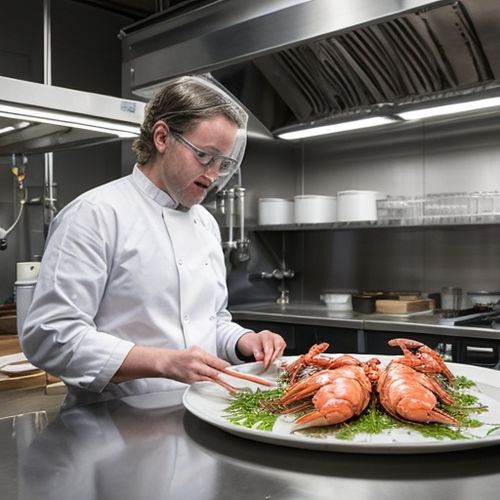
By Emma Thompson/Apr 10, 2025
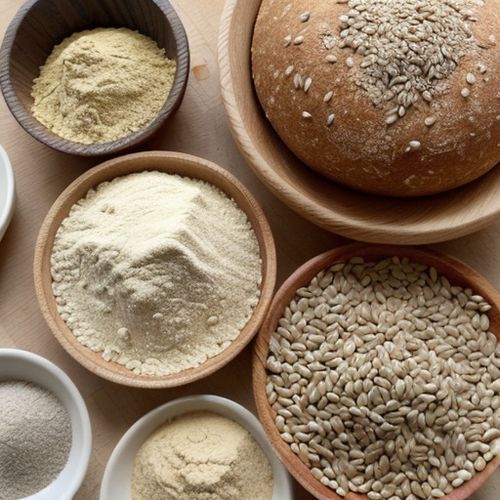
By James Moore/Apr 10, 2025

By Samuel Cooper/Apr 10, 2025

By Elizabeth Taylor/Apr 10, 2025

By Rebecca Stewart/Apr 10, 2025
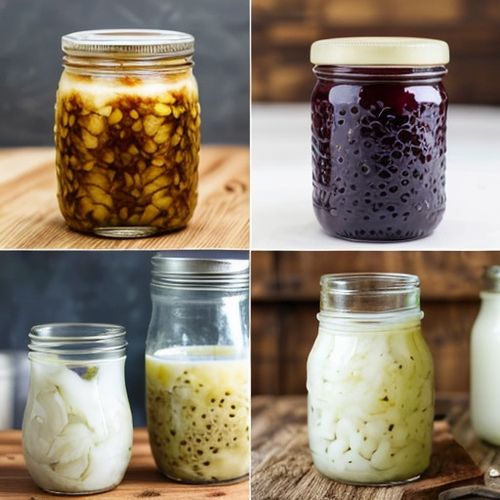
By John Smith/Apr 10, 2025

By Michael Brown/Apr 10, 2025

By Emma Thompson/Apr 10, 2025
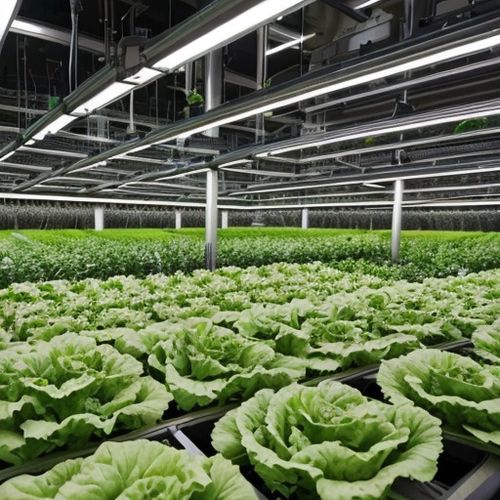
By Elizabeth Taylor/Apr 9, 2025

By Christopher Harris/Apr 9, 2025
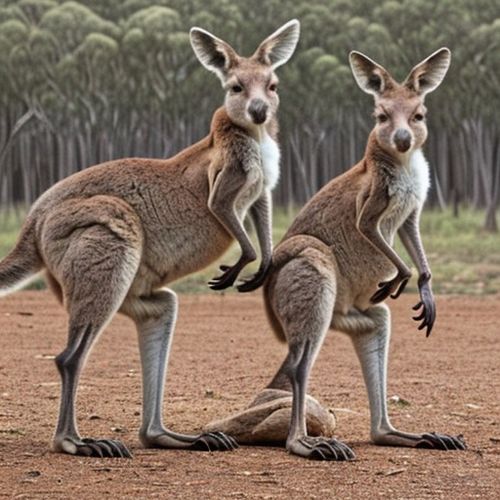
By David Anderson/Apr 9, 2025

By Joshua Howard/Apr 9, 2025

By Emily Johnson/Apr 9, 2025

By John Smith/Apr 9, 2025
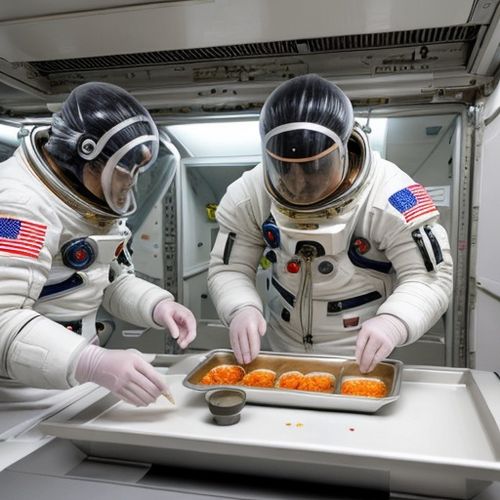
By Lily Simpson/Apr 9, 2025

By Lily Simpson/Apr 9, 2025